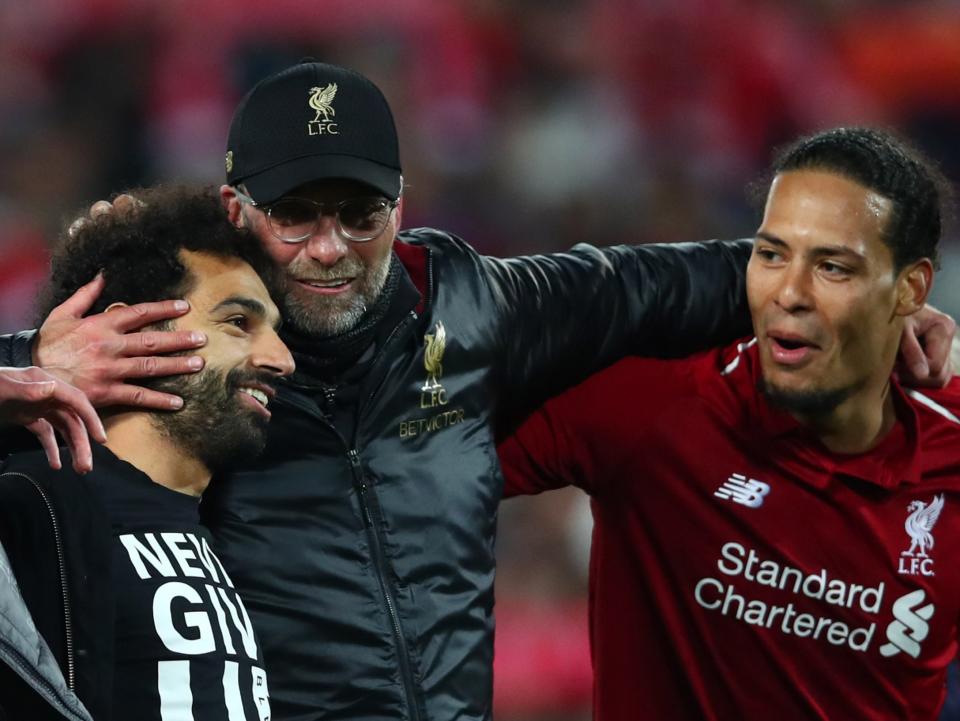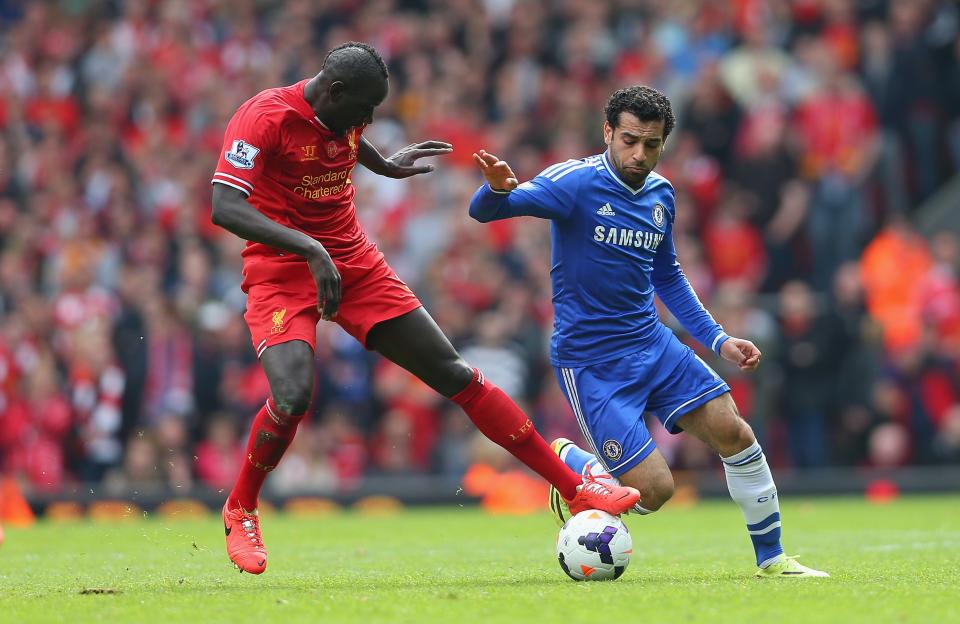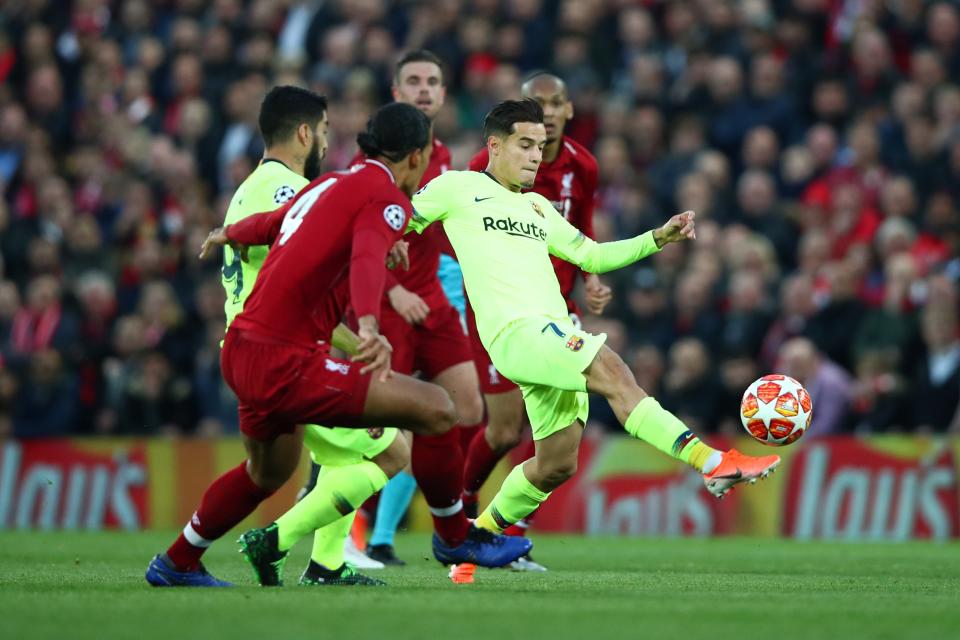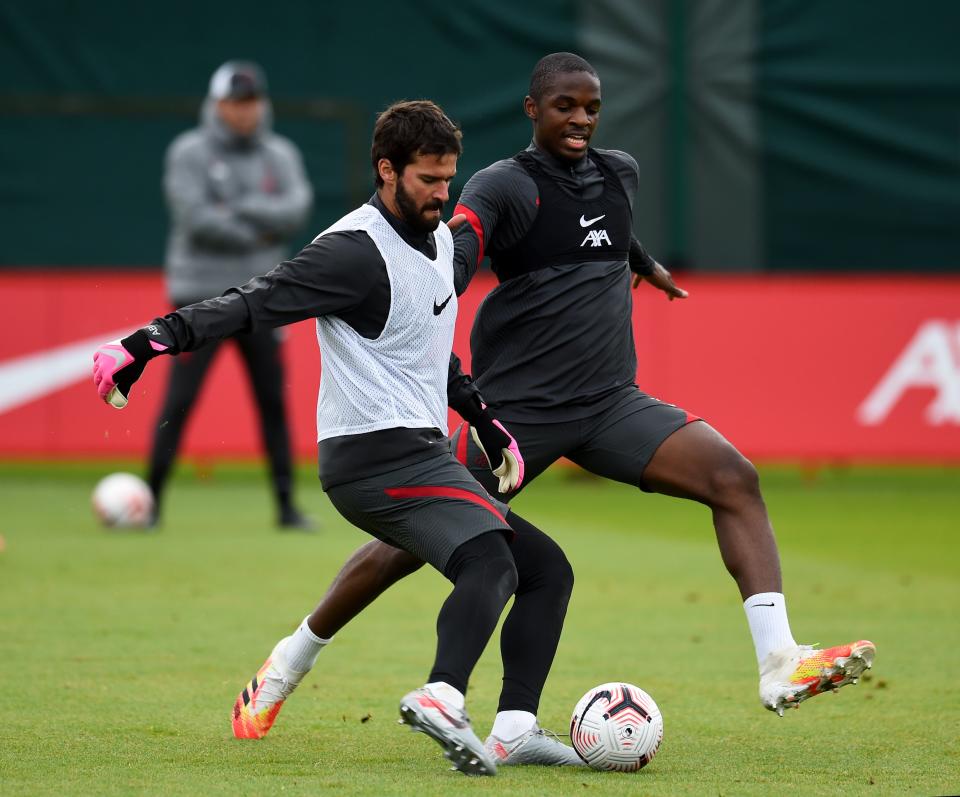A decade of FSG at Liverpool: Jurgen Klopp’s slow-burn revolution, transfer epiphanies and trophies

If John W Henry had presented anything like the Project Big Picture plan to English football five years ago, Liverpool’s owner would have been laughed out of the room. “Get your own house in order,” would have been the cry.
Tomorrow is the 10th anniversary of Fenway Sports Group’s takeover at Anfield and halfway through their time in charge, the Merseyside club was well off the pace in the Premier League. The appointment of Jurgen Klopp lifted spirits, but the squad that the manager inherited finished in eighth place in the table. The team were beaten in the League Cup and Europa League finals, but the league finish was an accurate reflection of Liverpool’s strength.
Henry, FSG’s leading force, was openly discussing a potential sale. A perennial problem for Anfield over the past decade has been the practical issues caused by owners based in Boston on the day-to-day decision-making process. This was exacerbated by Henry’s habit of appearing to redirect his interests elsewhere for prolonged periods. When the 71-year-old is engaged, things run more smoothly for Liverpool. When he is preoccupied with other projects, an inertia would set in.
One of the hallmarks of FSG’s time in charge is their capacity to make breathtakingly bad decisions and then reverse them in the face of public outrage. The most recent example was when the club announced an intention to furlough non-playing staff during the summer only to backtrack in the face of uproar.
In 2016, with the construction of the revamped main stand well under way, the club released the pricing plan for tickets. Costs were ramped up from £59 for the most expensive individual non-corporate seat to £77. The sweetener for fans was a limited number of £9 tickets for particular games. FSG were told by a number of local observers that this would alienate supporters, but the Americans went ahead anyway. The reaction was predictable. With Liverpool 2-0 up in the home match against Sunderland, a large section of the crowd walked out in the 77th minute. Chants of “you greedy bastards, enough is enough,” rang around the stadium. The visiting side rallied as Anfield seethed and emptied and Sunderland nicked a 2-2 draw.
Within days FSG backtracked and issued a public apology. It is clear that they do care about what supporters think, but on a number of occasions they have embarked on courses of action when they have been warned the outcome would provoke rage. The owners deserve credit for accepting their mistakes but have sometimes blithely gone ahead with flawed policies despite internal and external voices urging caution. In the end, though, they largely get things right.
That happened on the pitch, too. The football operation coalesced around Klopp. Mike Gordon, one of FSG’s minority partners, had become heavily involved on the playing side during the Brendan Rodgers era and began acting effectively as a director of football. Michael Edwards grew in influence over transfers, despite his involvement in a number of substandard signings during the previous managerial regime. Rodgers blamed Edwards for many of the team’s problems, but it was unfair to place all the responsibility at the door of one man. In the pre-Klopp period, widespread dysfunction ensured no one emerged with much credit. An emblematic moment of the flawed transfer policy was the attempt to sign Mo Salah from Basel in January 2014.
Rodgers did not want the Egyptian and spoke publicly about the deal, which led Chelsea to act first and sign the forward. Gordon was enraged to the point that he was “fighting the urge to tear [Rodgers] a new a******”.

There were few such problems with Klopp. The manager, Gordon and Edwards formed a much more harmonious working relationship. Edwards was eventually proved right about Salah, too, to his great credit. With a more stable, focused working environment in the recruitment area, the team showed improvement during each season under Klopp. The former Borussia Dortmund coach brought more than just the ability to manage the side. He added the sense of realism that FSG needed.
There were big flaws in the owners’ early plans to sign talented youngsters and sit back and watch them develop. Teams full of inexperienced players lack leadership. Some prospects do not mature. Managers cannot afford to wait for signs of growth. They need to win. And the biggest drawback? Those who do blossom in a lacklustre team want to leave.
Philippe Coutinho was one such player. The Brazilian had been snatched from the grasp of Southampton in 2013 just as he was about to sign at St Mary’s from Inter Milan. He was talented but inconsistent yet stood out in a Liverpool side that appeared to be going nowhere.
In 2017 his head was turned by Barcelona. Three years after Luis Suarez decamped to the Nou Camp, the Catalan giants were poised to extract Anfield’s most saleable asset again.
No club of Liverpool’s status wants to be bullied by money. FSG put out a statement saying that Coutinho would still be at Anfield when the summer transfer window ended. The owners were proved right – he was still on Merseyside in September – but it was just delaying the inevitable.
That close-season seemed to be a classic Liverpool comedy window. It looked like Virgil van Dijk was about to sign, but premature gloating enraged Southampton so badly that the south coast club pulled the plug on the deal. Klopp would not be denied.

The manager had never been completely committed to Coutinho. His view was that the Brazilian was good but not indispensable. Barca’s cash was gratefully received in January and used to bring in Van Dijk. In the eighth year of FSG’s time in charge, Liverpool finally paid big money for an established, top-class performer. They had the best manager available and bought the best player they could afford for a position that badly needed strengthening. It was a turning point.
The Dutchman added class and security to the defence and leadership to the team. In his first half-season, Liverpool produced an unlikely run to the Champions League final in Kiev. The 3-1 defeat by Real Madrid was the ultimate example of misguided FSG policies. Loris Karius gifted two goals to Real. It was the denouement of a calamity that was nine years in the making.
When FSG bought Liverpool, they discovered that Christian Purslow, the managing director under the previous ownership, had awarded Pepe Reina a contract worth £110,000 per week. This was, in 2010, a hugely excessive salary for a goalkeeper.
The Americans, rightly, decided that was too much for a player in this position. They could sign Simon Mignolet and pay him some 70 percent less than Reina. Logic suggested that there would not be a 70 percent drop-off in goalkeeping performance with the new man. What no one factored in was that a single-digit reduction in goalkeeping efficiency can make a huge difference to a team. Mignolet’s arrival from Sunderland in 2013 was the catalyst for five years of chaos between the sticks.
When Karius rolled the ball to Karim Benzema in Kiev to allow the Real striker to score his team’s second goal, it was clear that the situation needed to be resolved. With some of the Coutinho money still in the bank, Liverpool paid a record fee for Alisson Becker, another proven, high-quality player who could go straight into the side and improve it. The goalkeeper was the final piece in Klopp’s jigsaw.

The rest of the story barely needs retelling. Liverpool went straight back to the Champions League final in the next campaign and this time collected the cup, beating Tottenham Hotspur 2-0 in Madrid. They followed up last season by breaking their 30-year title drought, bringing the Premier League trophy back to Anfield.
Who would have thought signing proven quality for big money would work so well in football? Certainly not FSG when they took over a decade ago. They have learnt the lesson now and that bodes well for Liverpool’s future.
Silverware has brought Henry extra respect. So much so that he can offer revolutionary blueprints to transform the English game without the sport erupting into hilarity.
It has been a good 10 years for Liverpool, but make no mistake: There was never a masterplan. In the end, a combination of good luck, good sense, good decisions, significant spending and FSG’s tenacity has brought success to Anfield. It was touch and go for a long while, but Henry and his colleagues got it right.
Klopp has been a huge factor, but the owners learned on the job and have been excellent custodians. Liverpool can look to the next 10 years with plenty of optimism.
Read more
The dysfunction and false dawns of FSG’s first five years at Liverpool
Why Liverpool and United owners must face Project Big Picture critics

 Yahoo Sport
Yahoo Sport 





































